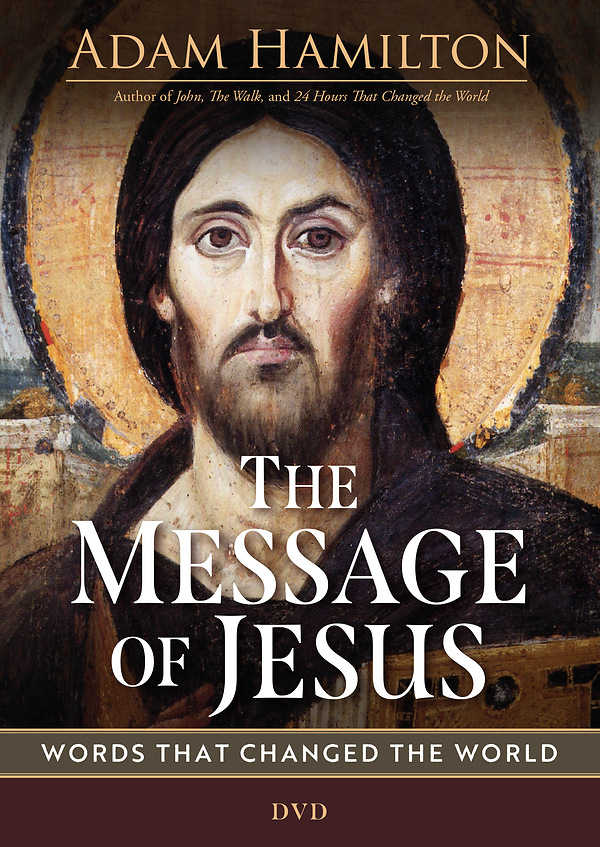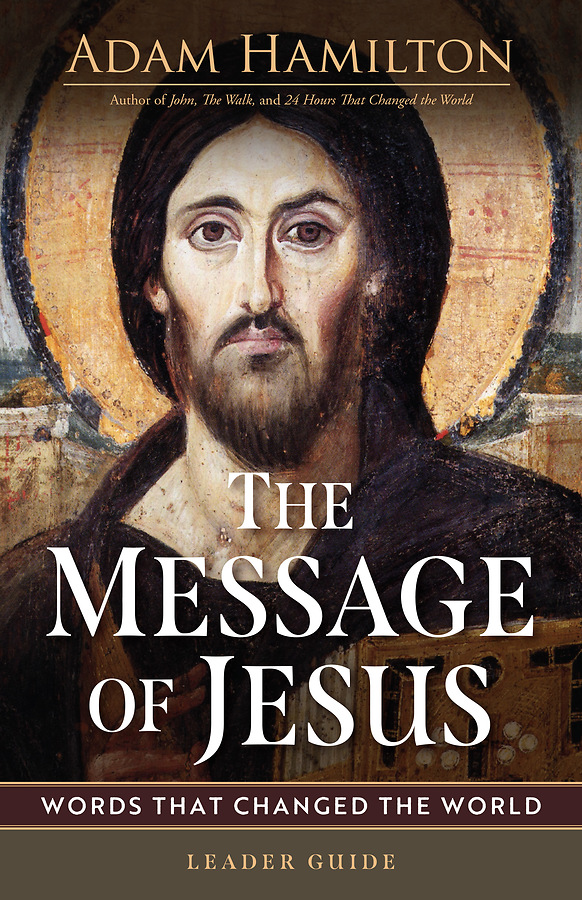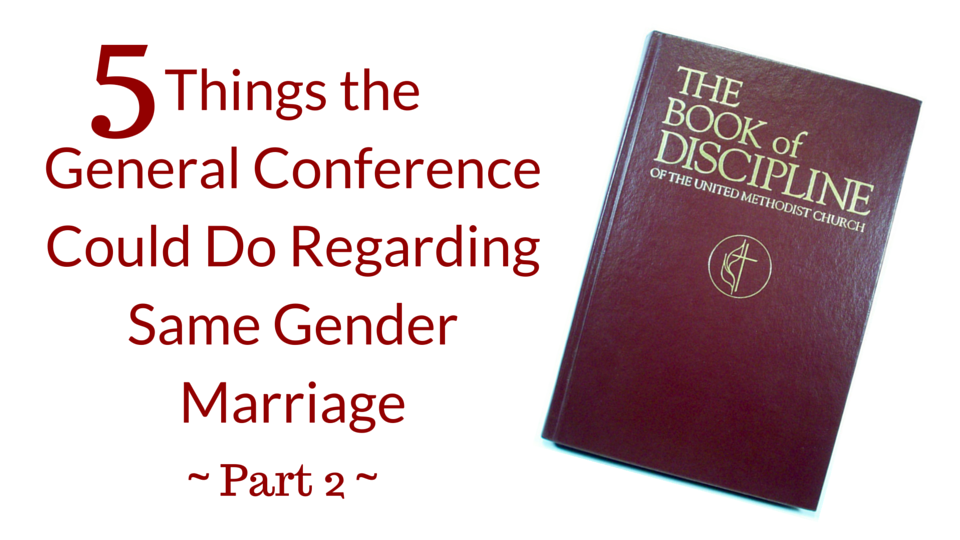Next month in Portland, Oregon, 800 United Methodists, delegates from around the world, will gather for the United Methodist Church’s General Conference. At this ten-day meeting, held once every four years, the United Methodist Church will set policy, priorities and denominational budgets for the ensuing four years. Delegates will consider reams of proposed changes to the church’s Book of Discipline. No issue will be more closely watched than the debate and decisions of the Conference regarding gay and lesbian people. Will the denomination continue to hold that “the practice of homosexuality is incompatible with Christian teaching”? Will it continue to prohibit pastors from officiating in same-gender weddings and United Methodist church property from being used for same-gender weddings? And will the United Methodist Church continue to require celibacy of gay and lesbian clergy? The deeper question, one which will largely be ignored, is what United Methodists believe about the Bible. Our beliefs, or more often our assumptions, about the Bible shape how we view the question of the Bible and same-gender relationships. Conservatives on this issue (by the way, one can be progressive on a host of issues, yet conservative on this issue, and likewise one can be conservative on a host of issues yet progressive on same-gender marriage) base their views of the incompatibility of same-gender relationships on a particular way of reading the Bible, which in turn is based upon a particular, but often inconsistently held, way of understanding what the Bible is and how God speaks through it. Progressives on this issue, likewise, base their willingness to embrace same-gender relationships as acceptable to God on a certain way of reading the Bible, one that is also based upon a particular, but not always clearly articulated, way of understanding what the Bible is and how God speaks through it. I’d like to use as an example a letter I recently received, signed by 12 members of a United Methodist Church in Nebraska. They wrote asking me as a delegate to General Conference to please vote against any changes to the Book of Discipline’s policies regarding gay and lesbian people. It began, Dear Delegate to General Conference: As members of the United Methodist Church, we are alarmed at the possibility of changes being made at General Conference in our church Discipline regarding same sex marriages. We believe that the Holy Bible is God’s Word, and that His Word is unchanging. … The letter goes on to cite the standard passages from the Bible that condemn some form of same-gender sexual acts. I have no doubt that the folks who sent this letter are good people who love Jesus, seek to serve their neighbor and care about the United Methodist Church. I visited their website to learn more about them. The headline of their website states, “Welcoming everyone with Open Hearts, Open Minds and Open Doors.” These fellow United Methodists seem to be stating that everything written in the Bible is God’s Word, and that it should be applied without question today because “His Word is unchanging.” But I don’t believe this is actually how they approach Scripture. Nor is it the way Christians have generally approached Scripture across the last two millennia. Had the early church held these assumptions consistently, they would never have reached the decisions that circumcision was no longer required of Christians, or that Christians were no longer bound by much that is found in the Law of Moses. We would still be worshipping on Saturdays, eating only what was kosher, offering animal sacrifices, and administering capital punishment for everything from working on the Sabbath to rebelliousness on the part of children (Jesus never explicitly taught that these portions of the Scripture were no longer binding upon his followers; this call was made by the apostles at the urging of Paul). Further if we consistently applied these same assumptions to what Paul teaches about women in the New Testament, the female members of the United Methodist Church would pray with their heads covered; they would remain silent in the church; and they would not be permitted to teach in any church gathering where men were present. This is, in fact, how many conservative Christian bodies still read the Scriptures, hence I recently received a note from a member of a fundamentalist Baptist church who stated unequivocally that United Methodists are "unscriptural Christians because you ordain women." There are more than 200 verses in the Bible that allow slavery as an acceptable practice, even permitting the beating of slaves with rods. The New Testament authors, as with their forebears, could not imagine a world without slavery. If Methodist Christians consistently held that everything in the Bible is God’s Word and that it is unchanging — and by this they meant that what the Bible allows we must allow, and that what the Bible forbids we must forbid — we’d still support the practice of slavery today. While the words of Scripture don’t change, how we interpret those words does change over time. Interpretation is important because when we read Scripture we recognize that, while God speaks to us through the Bible, the Bible’s human authors wrote in particular historical circumstances, addressing specific situations, and in the light of their own historical and scientific knowledge. What they wrote was shaped by their own cultural and theological convictions. On the issue of same gender acts, they wrote based upon their understanding of human sexuality, in the light of the prevailing same-gender practices of their time. And though we believe that they were inspired, the precise nature and extent of that inspiration remains a mystery. We do know that this inspiration was not some kind of divine dictation, but it was through the impulse of the Spirit at work in very human authors who were addressing the people and circumstances in which they lived. This inspiration did not prevent historical or scientific errors. It did not prohibit the recording of differing accounts of the same story in the Gospels. It did not keep the Bible's authors from allowing slavery and genocide; and it did not transform the biblical authors' patriarchal perspectives on women. Some time ago I was speaking on this question and a young pastor said to me, “It sounds like you are ‘picking and choosing.’” I asked the young man if he had an account in the United Methodist Pension Fund. He indicated that he did. I then asked, “What part of Jesus’ words, ‘Do not store up for yourselves treasures on earth’ did you not understand?” We often don't see that we all recognize Scripture is contextual. In the case of Jesus' words about wealth we're meant to take him seriously, but not literally. No pastor I know advocates eliminating savings accounts and planning for retirement. A.J. Jacob’s wrote a book called, A Year of Living Biblically, in which Jacobs, a nominally religious Jew, described his year-long attempt to fulfill every part of the Law. When he got to the end of the year, he concluded that it was impossible to fulfill the entire Law, and some of it made no sense today. Then he said something to the effect of “Everyone picks and chooses; the important thing is to choose the right things.” But in truth, I don’t believe that we are picking and choosing. I think we’re appropriately interpreting; we’re asking the question, “What was the historical and cultural setting of these words, and do they appropriately express the heart of God for us today?” And how do Christians make that determination? We consider the words and actions of Jesus, we think of what he described as the great commandments, and we consider the major themes of Scripture. Then we bring our intellect and experience of the Spirit to bear on our reading of Scripture. This is precisely how the apostles came to set aside the clear teaching of Scripture (their only Scripture was the Old Testament) regarding circumcision and portions of the Law. This is how, centuries later, Christians came to oppose slavery despite Scripture’s allowance and regulation of it. This is how twentieth century Christians came to set aside Paul’s teaching regarding women. Methodist seminaries train their pastors in critical methodologies for studying the Scripture. Those methodologies teach that the Bible’s inspiration is not undermined by acknowledging the biblical authors’ historical context, the ways in which the biblical text developed, and the process of its canonization. But it does teach us that the Bible is far more complex than the common dictum, “God said it, I believe it, that settles it” allows. At the Church of the Resurrection, of our 20,000 members, there are hundreds that are gay and lesbian and hundreds more whose children are gay and lesbian. Many are married. Some of these have children. Some are among the most committed members of our congregation. They attend worship every weekend, serve in mission, are in small groups, and witness to their friends about Jesus. They seek to love him with all their heart and to love their neighbors as they love themselves. I love these people; they are part of my flock. Most knew from the time they were children that they were “different.” They were drawn to love the same gender in the same way I was drawn to my wife. Do Moses’ words commanding that men who lie with men should be put to death express the heart of God towards them? When Paul spoke of those who “gave themselves up to degrading passions” was he speaking of these couples in my church who love one another selflessly? Or was he speaking about temple prostitution, older men molesting younger boys, and sexual exploitation, as well as unrestrained sexual acts divorced from love and commitment, that were the common expressions of same-gender acts in his time and at times, in ours? This last Sunday I had lunch with a group of senior adults at one of the largest senior living complexes in Kansas City. We were talking about this very issue. They wanted to know if the United Methodist Church was going to split over this issue. I asked them their thoughts. These were lifelong United Methodists now in their seventies and eighties. They pointed to two same-gender couples living in their community and said, “God loves them, and so do we.” They had lived long enough to see how our understanding of Scripture changes over time. Their great, great grandparents lived when white Christians owned slaves and felt justified in doing so by the Bible. Their grandmothers couldn’t vote in America, a practice rooted in the patriarchy found in Scripture. Their mothers couldn’t have served as pastors in the Methodist Church because "the Word of God was clear and unchanging.” But thankfully things did change. They couldn’t imagine the church splitting over this issue. It is not only these senior adults who see things this way. A vast majority of young adults across all churches also see things this way. If the United Methodist Church can hold together for another ten years, this becomes a non-issue, as even most evangelical young adults in the United Methodist Church see this issue differently from their 40- and 50- and 60-year-old parents and grandparents. Thoughtful United Methodists understand that the nature of Scripture leaves room for us to ask the question, “Do these passages on same-sex acts in Paul and Moses actually reflect the heart of God for gay and lesbian people today?” We may disagree about the answer, but we can at least ask the question. And, I believe, United Methodists may disagree about the answer and remain one church; we’ve been doing so for decades. In my next post I’ll offer my hopes for what will happen at General Conference.









